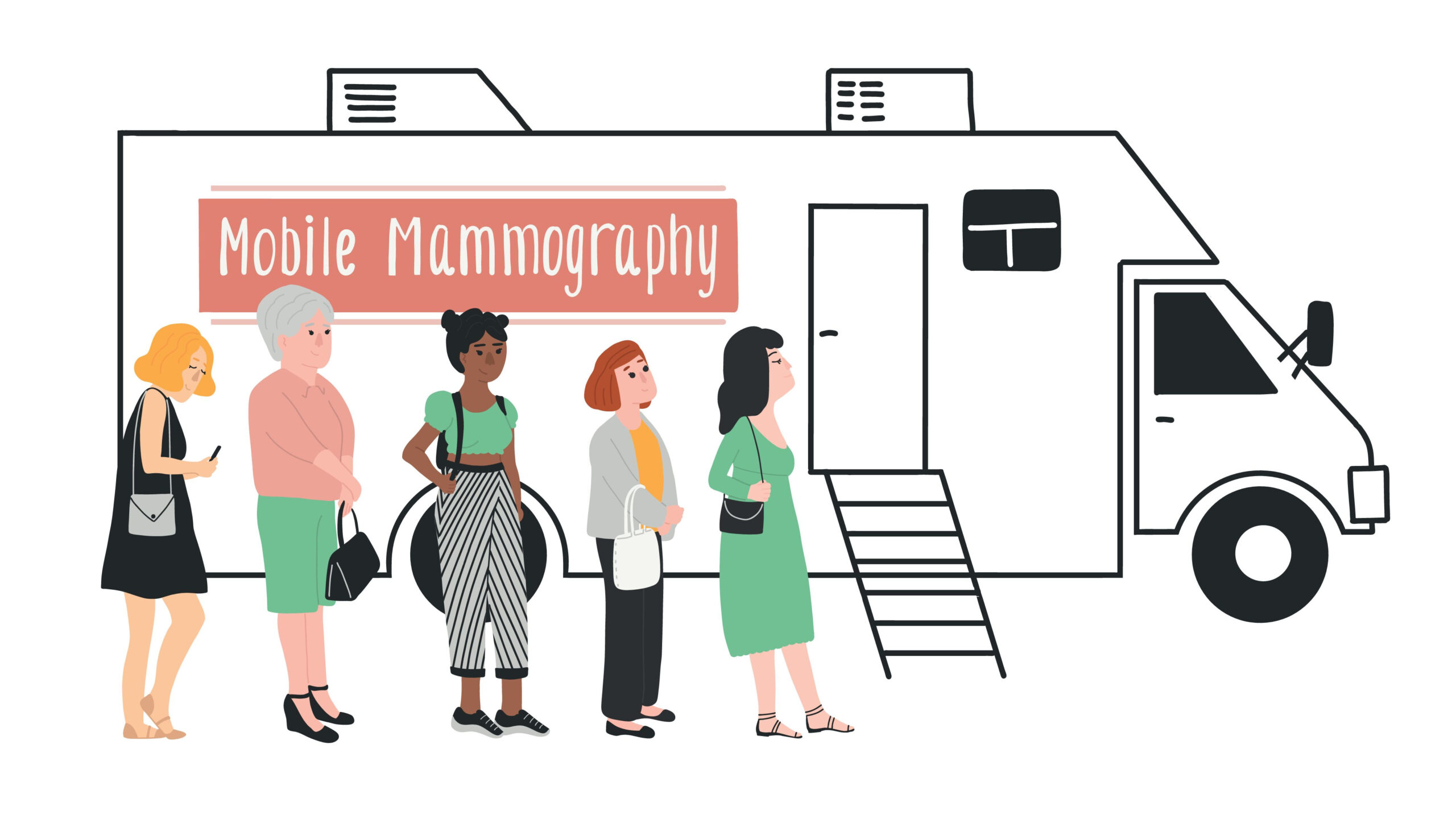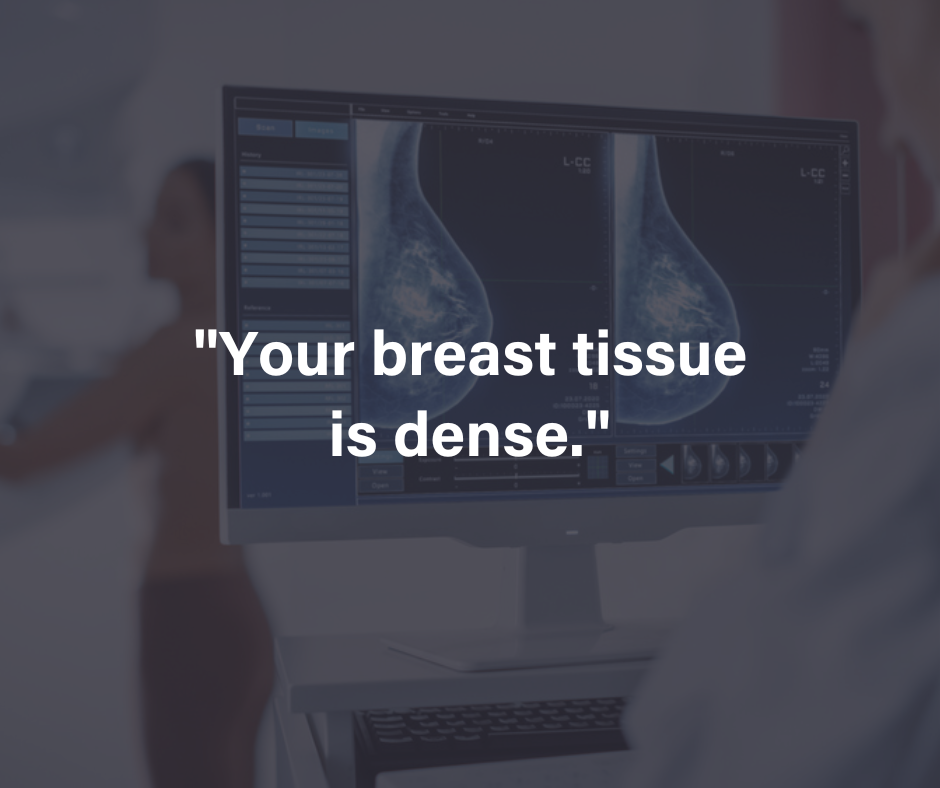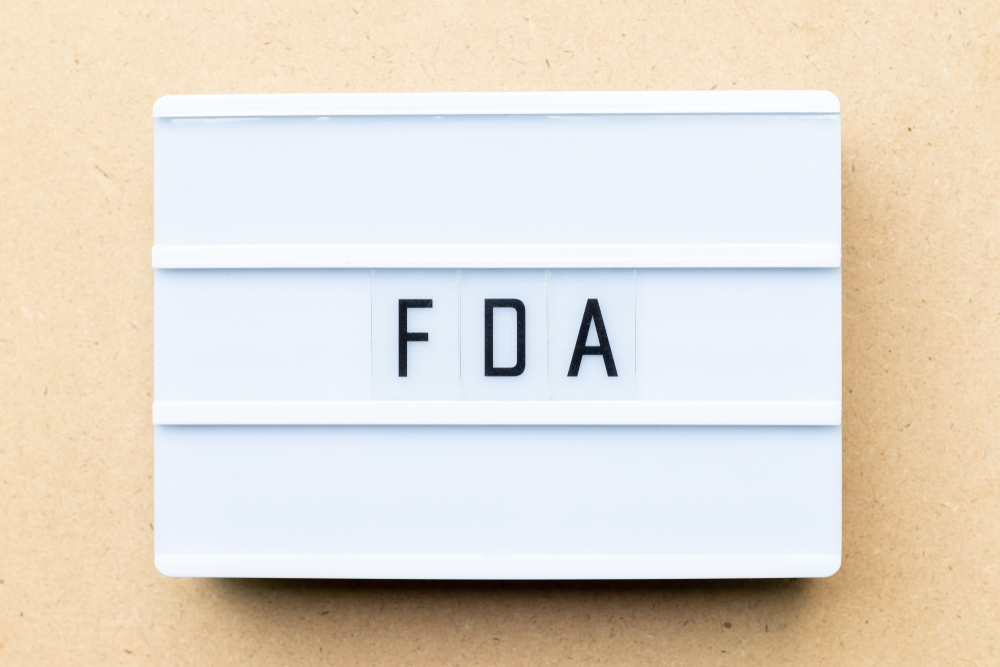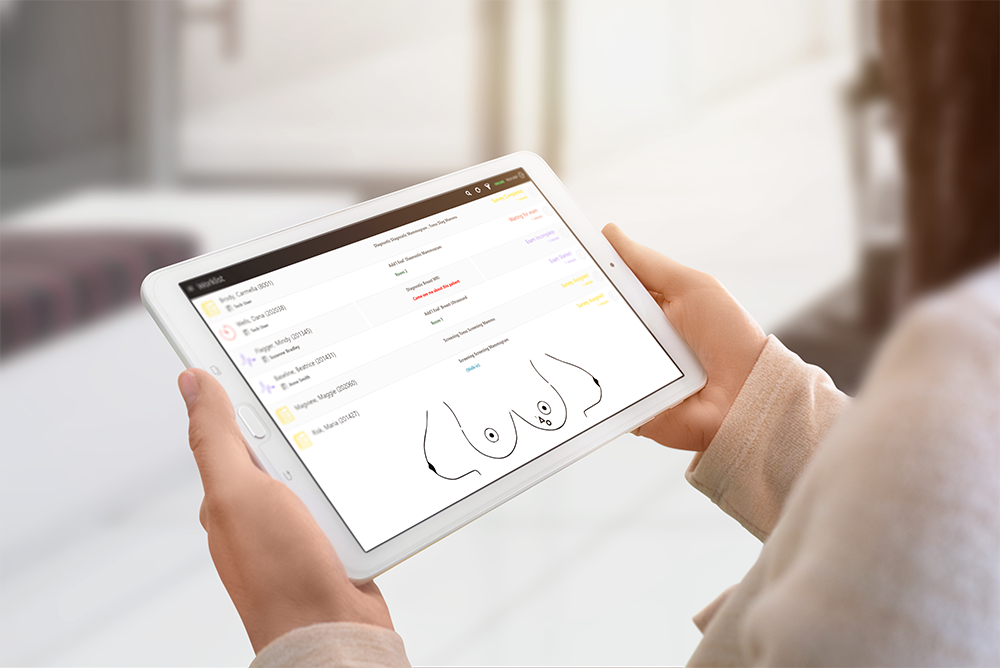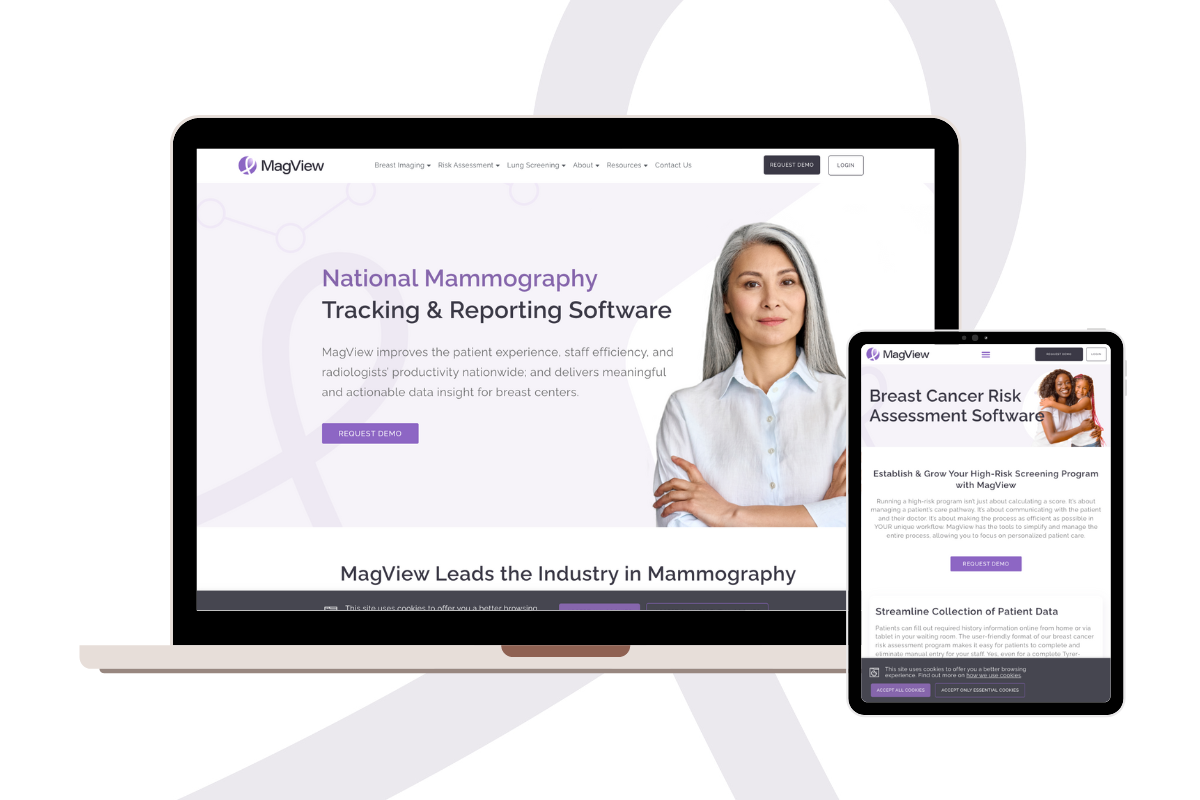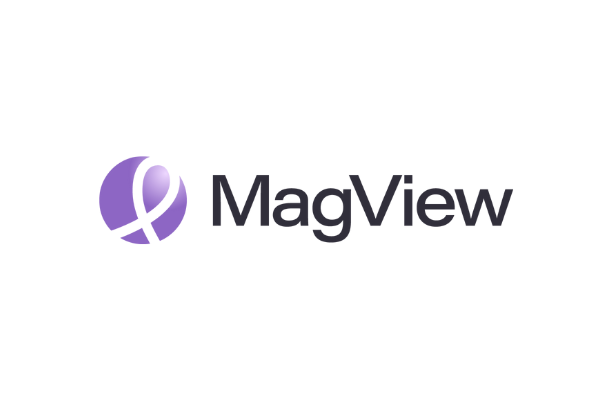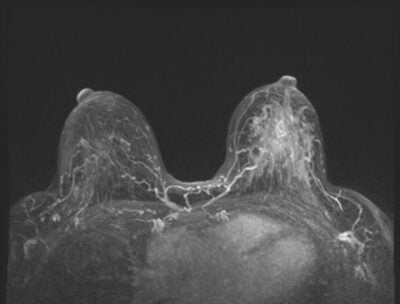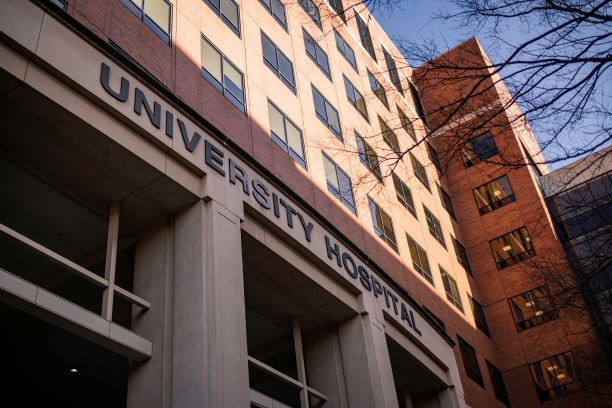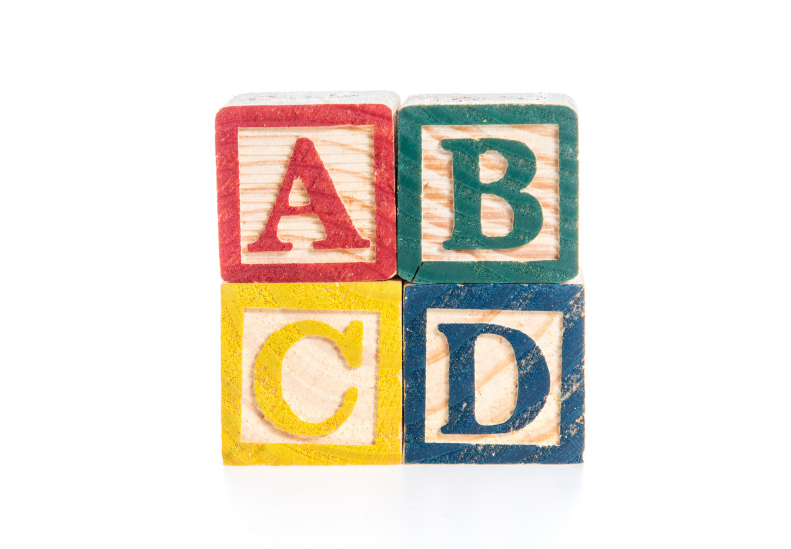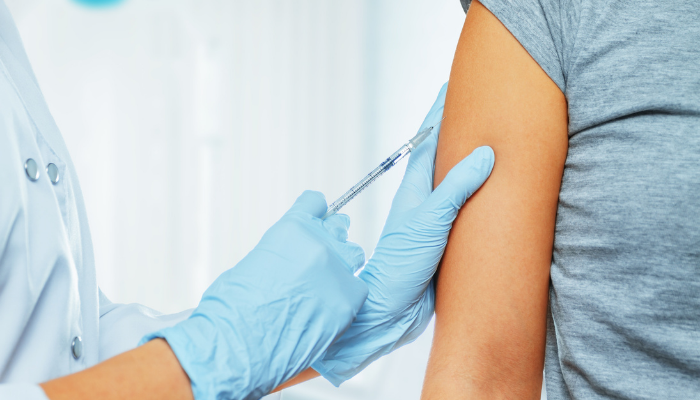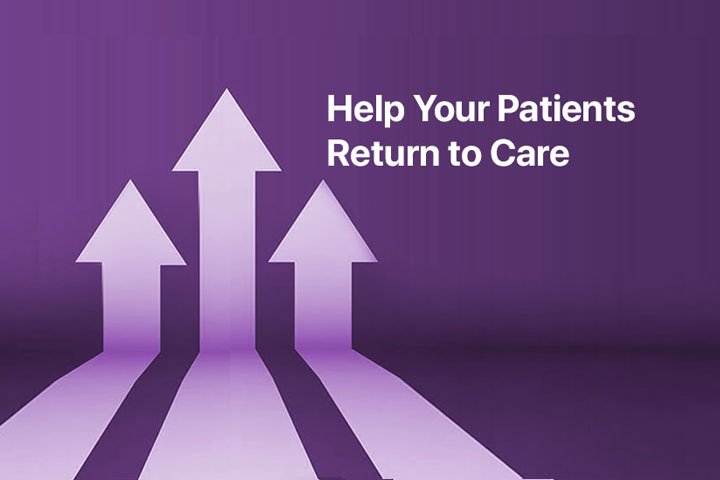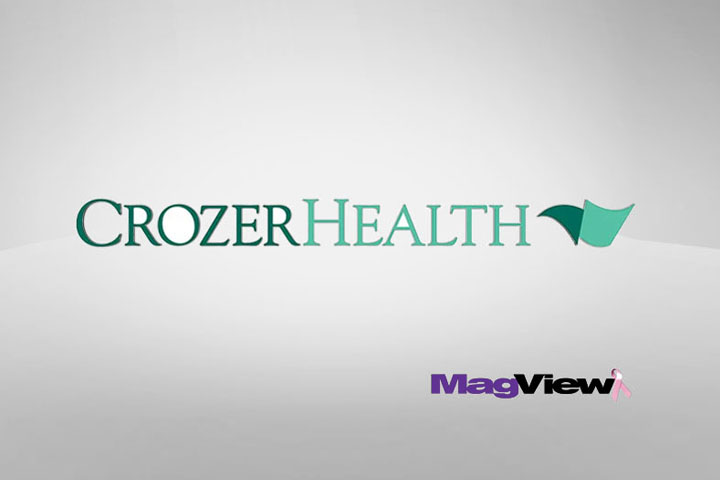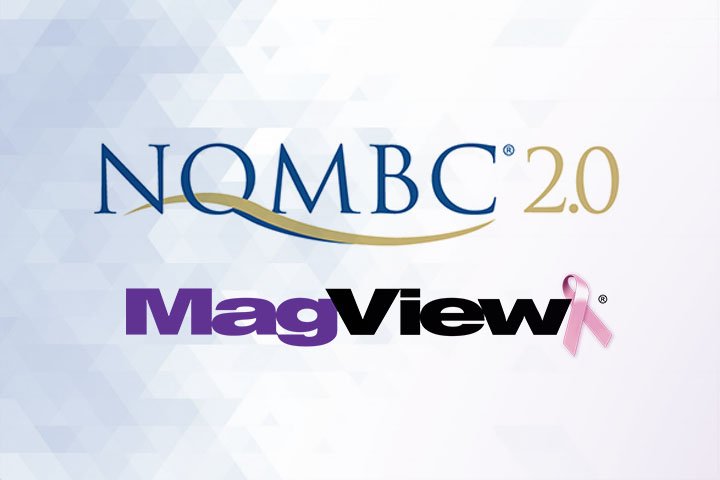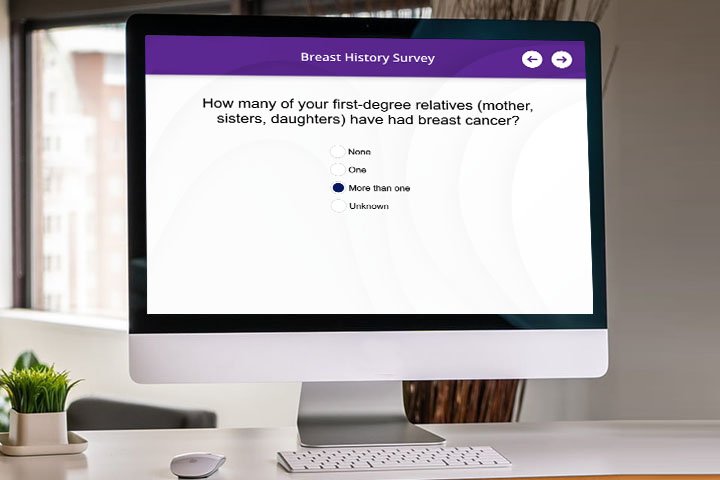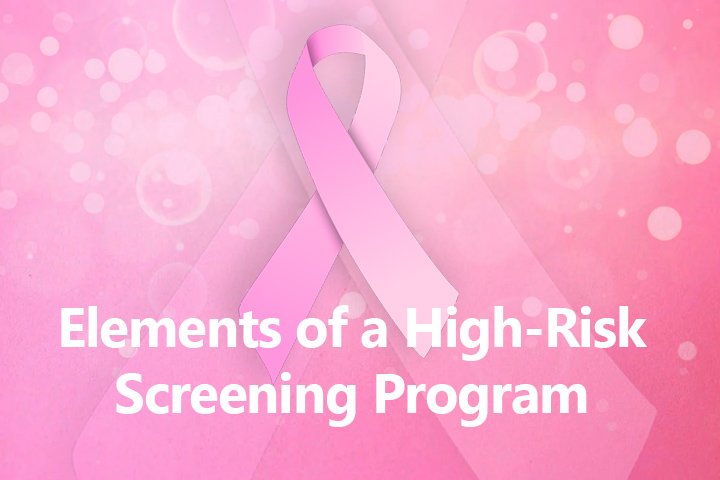With the new changes in mammogram guidelines, many people are unsure when to start breast cancer screening. If you know the importance of screening, you also know that breast cancer is treatable when caught early. The new recommendation by the United States Preventive Services Task Force (USPSTF) now requires women in their 40s to start mammograms based on their risks.
That’s why MagView recommends learning your personal risk factors for breast cancer and discussing them with your doctor. While screening doesn’t prevent breast cancer, it helps detect it early when it’s easier to treat.
Why are Mammograms Important?
Mammograms save lives. They enable radiologists to find cancer when small, allowing versatile treatment options and promoting recovery. Mammograms are considered the international gold standard for finding breast cancer as they can detect two or 3-year lumps before your clinicians can find them. The earlier the cancer is found, the easier it is to cure.
Breast Density and the Four Categories
When you start getting your mammograms, your healthcare provider will inform you about your breast density. This is an important piece of information you will want to take seriously, as breast density is one of the significant risk factors for breast cancer. When you have dense breasts, your mammogram may fail to detect cancer. Your mammogram will fall under one of these four categories:
- Women with breasts that are entirely fatty
- Women with a few areas of dense tissue scattered across the breast
- Women with breasts that are evenly dense throughout
- Women with breasts that are extremely dense
If your mammogram says you have dense breasts, you have heterogeneously dense or extremely dense breast tissue. These density levels are described using a unique Breast Imaging Reporting and Data System (BI-RADS) system.
Breast Cancer Screening Recommendations
USPSTF, which is an organization that comprises disease expert doctors, conducted research on the best ways to prevent breast cancer. Their research found that more lives could be saved if breast cancer was detected early. Consider taking regular mammograms from the age of 40. Speaking to your doctor about your risk factors will help determine when you should start your mammograms and how often you should get them. We recommend using our risk calculator to determine your chances of developing breast cancer.
What To Talk About With Your Healthcare Team
Whether you have dense breasts or not, taking your breast health seriously is essential, especially if you’re 40 years old. That means discussing your breast health with your provider so you can decide what’s best for you. Your doctor will start by reviewing your medical history and your family’s health history. If you have other risk factors, your doctor may recommend getting regular mammograms which they can monitor.
The doctor will also explain the risks, benefits, and limits of screening mammograms. They will teach you how to conduct self-examinations and know what’s familiar and what’s not. This will help you know if there are changes so you can seek medical care right away.
If you’re 40 and haven’t considered talking to your breast health professional, it’s time to do so. Regular mammograms can help provide track and monitor your breast health. If you have dense breasts, your doctor may recommend other tests while also monitoring your condition. If you haven’t taken the breast cancer risk assessment test, you can use our online IBIS calculator and start your journey to preventing breast cancer.


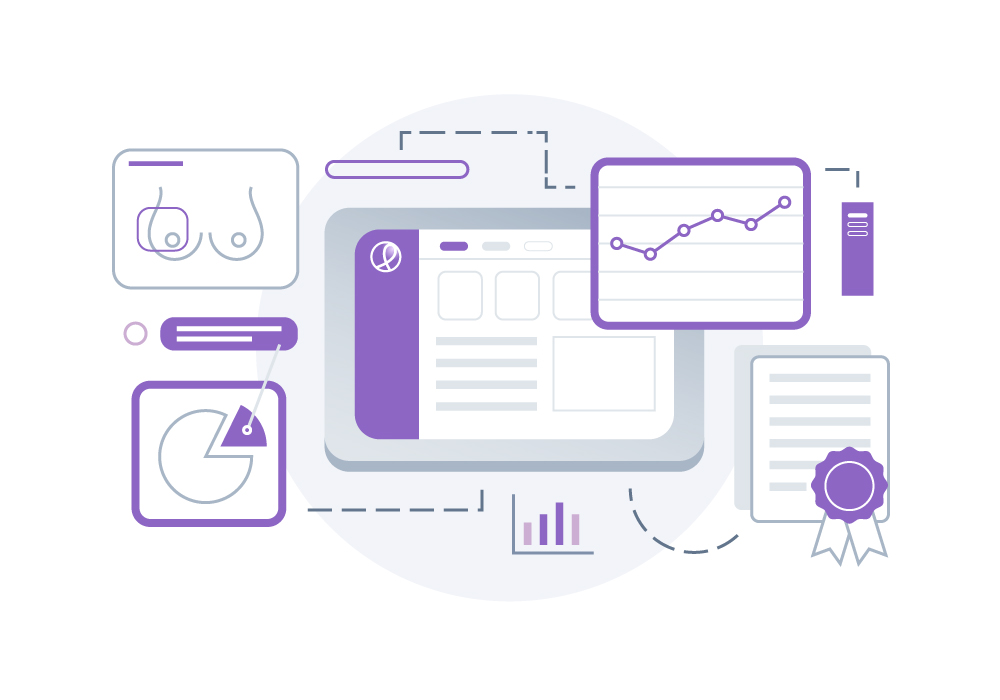
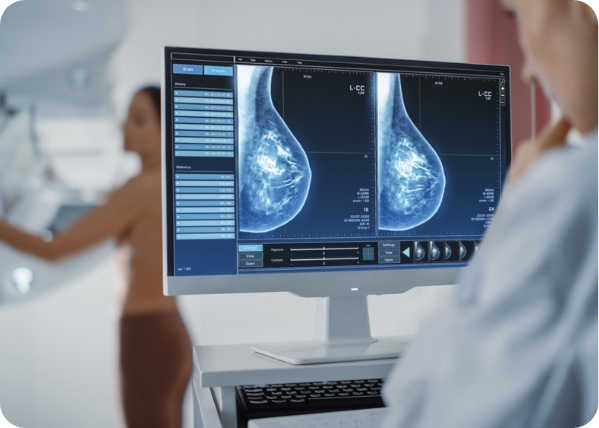

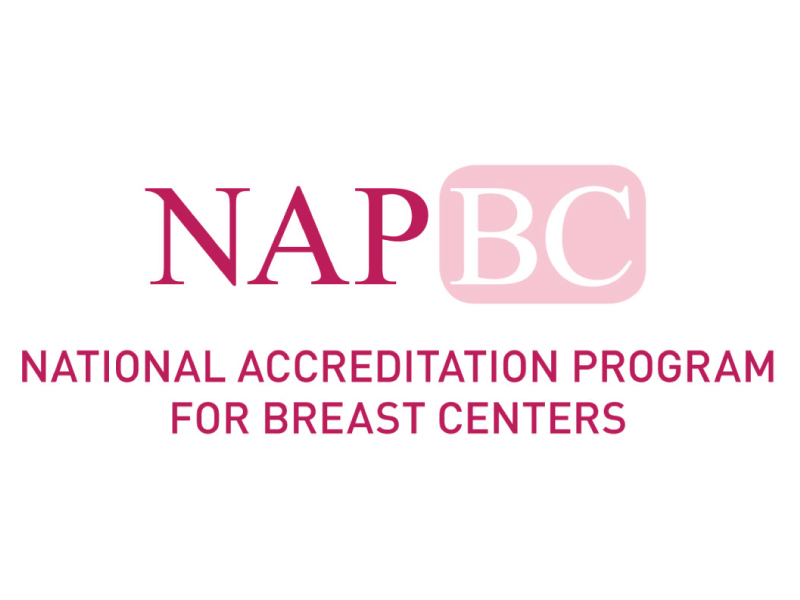
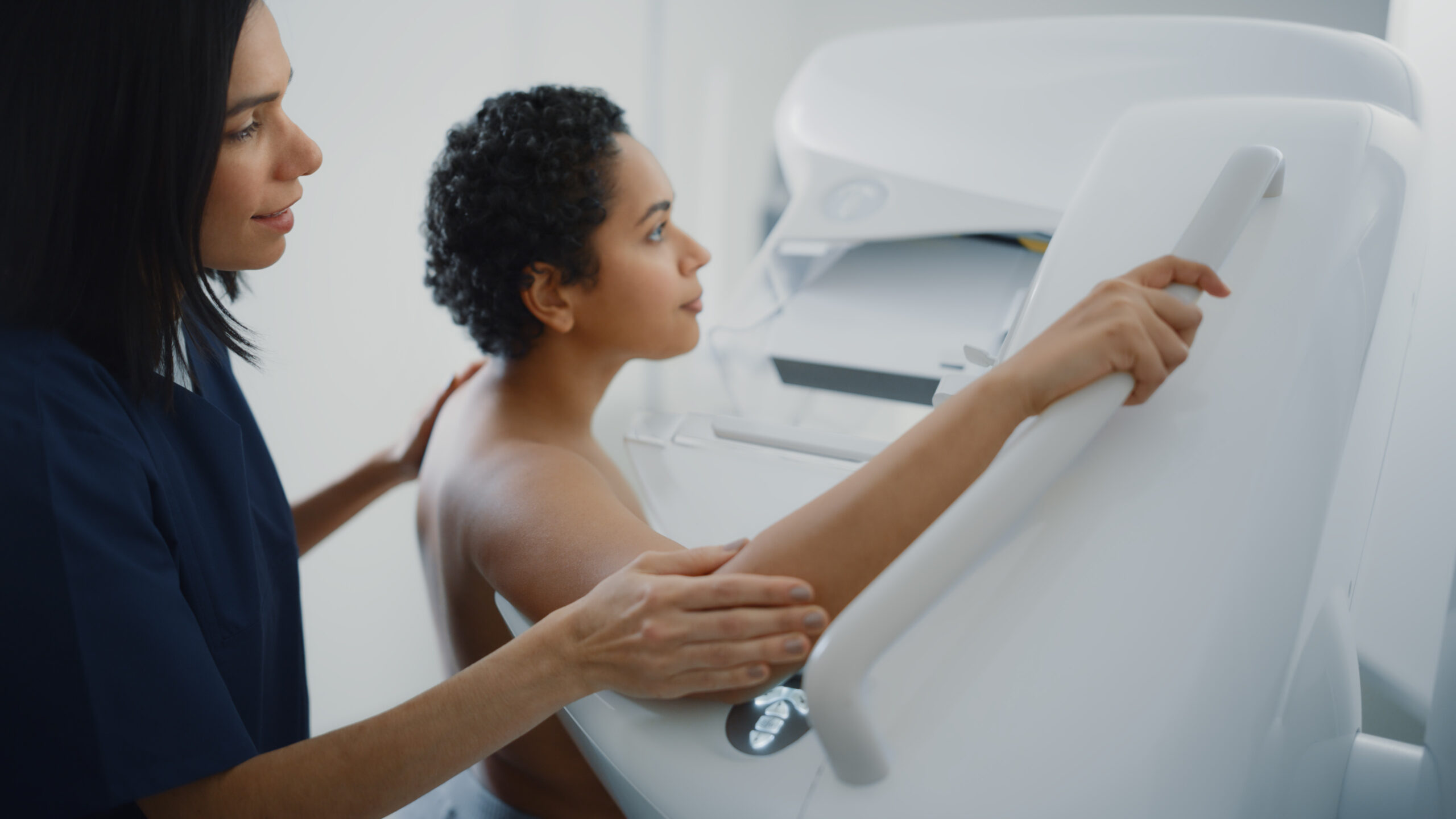
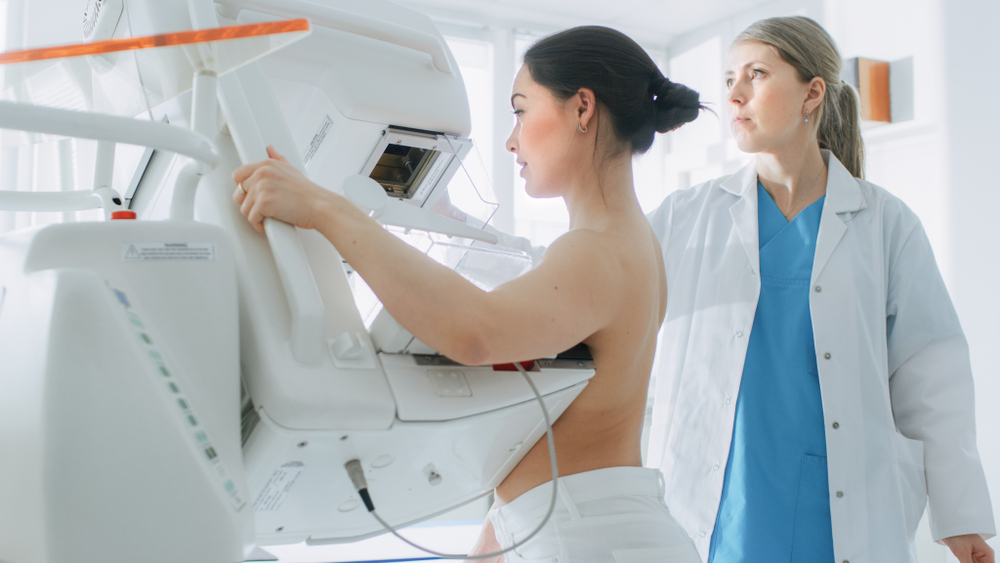
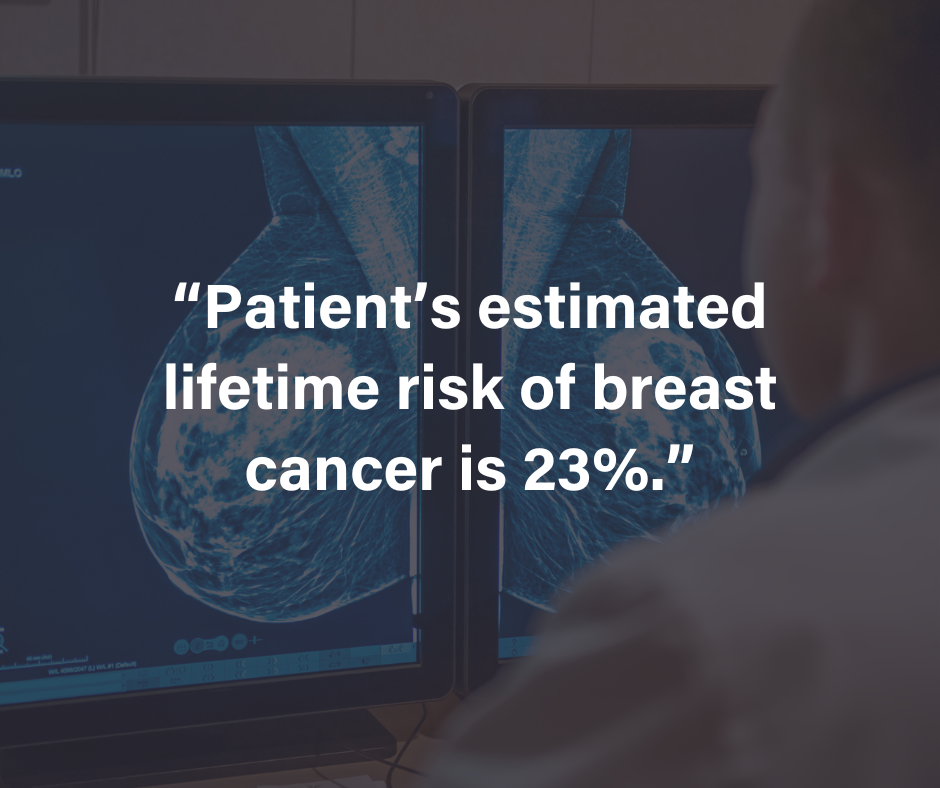
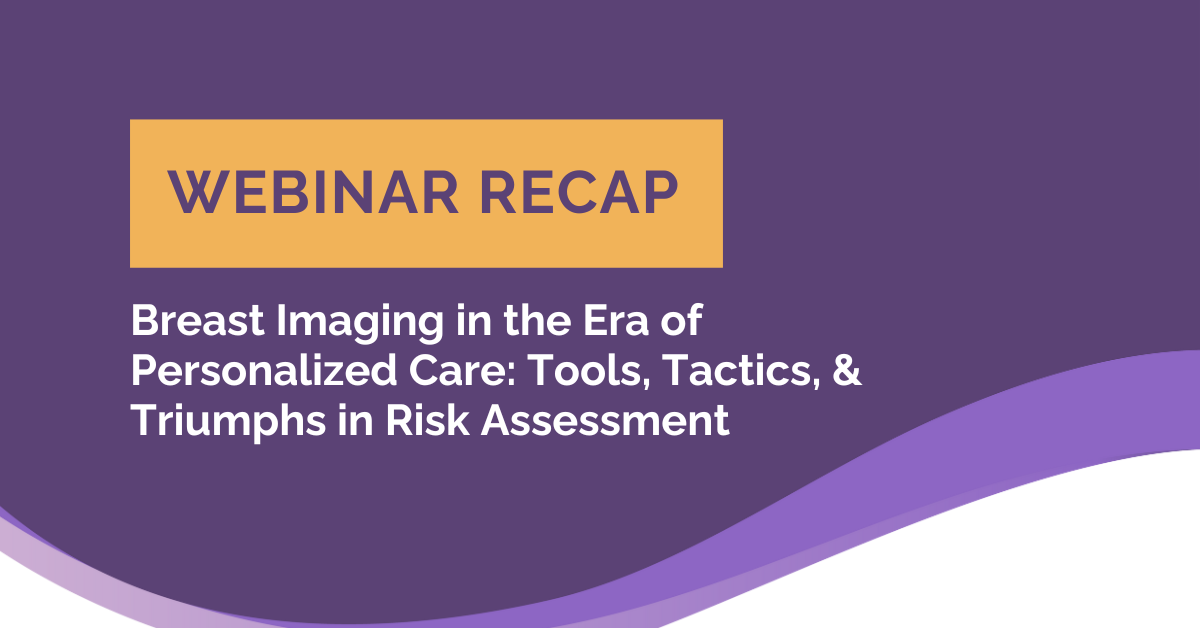
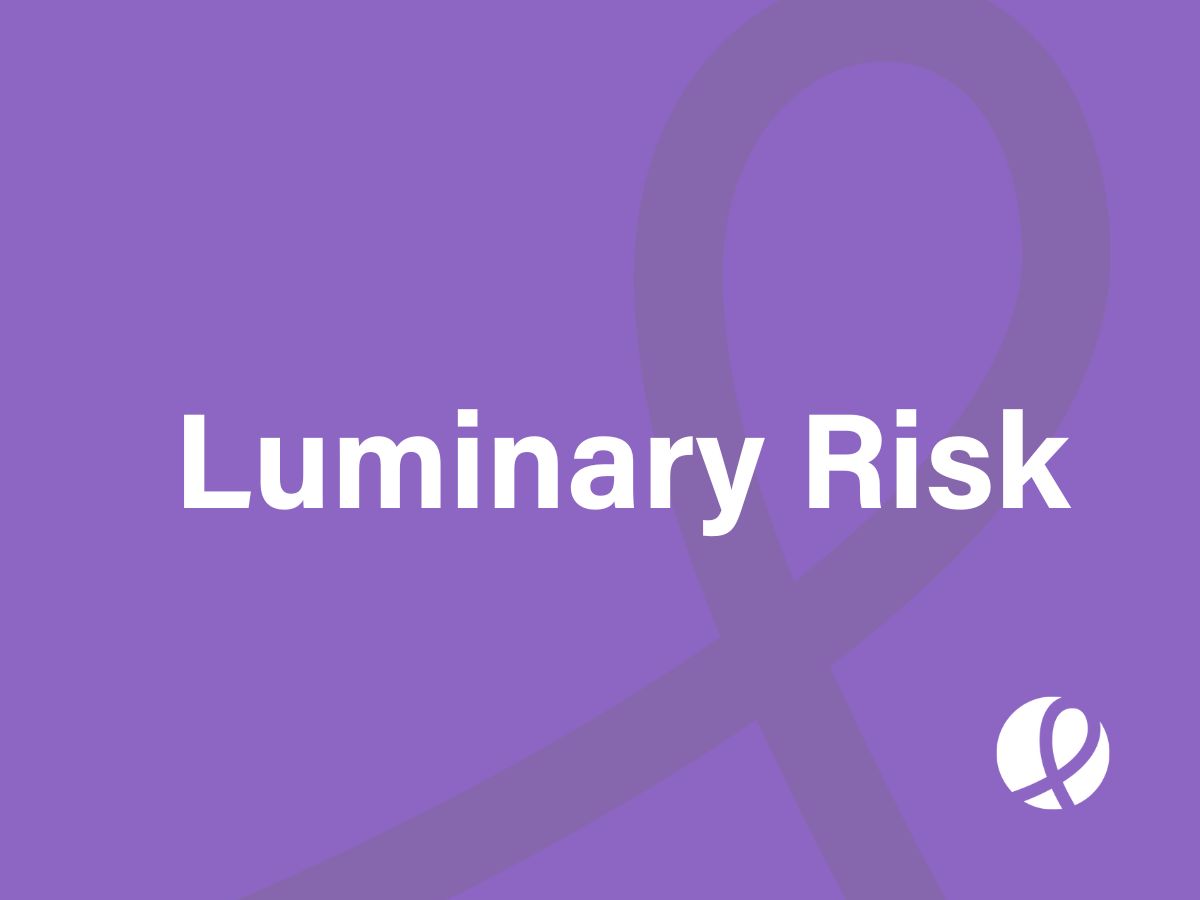



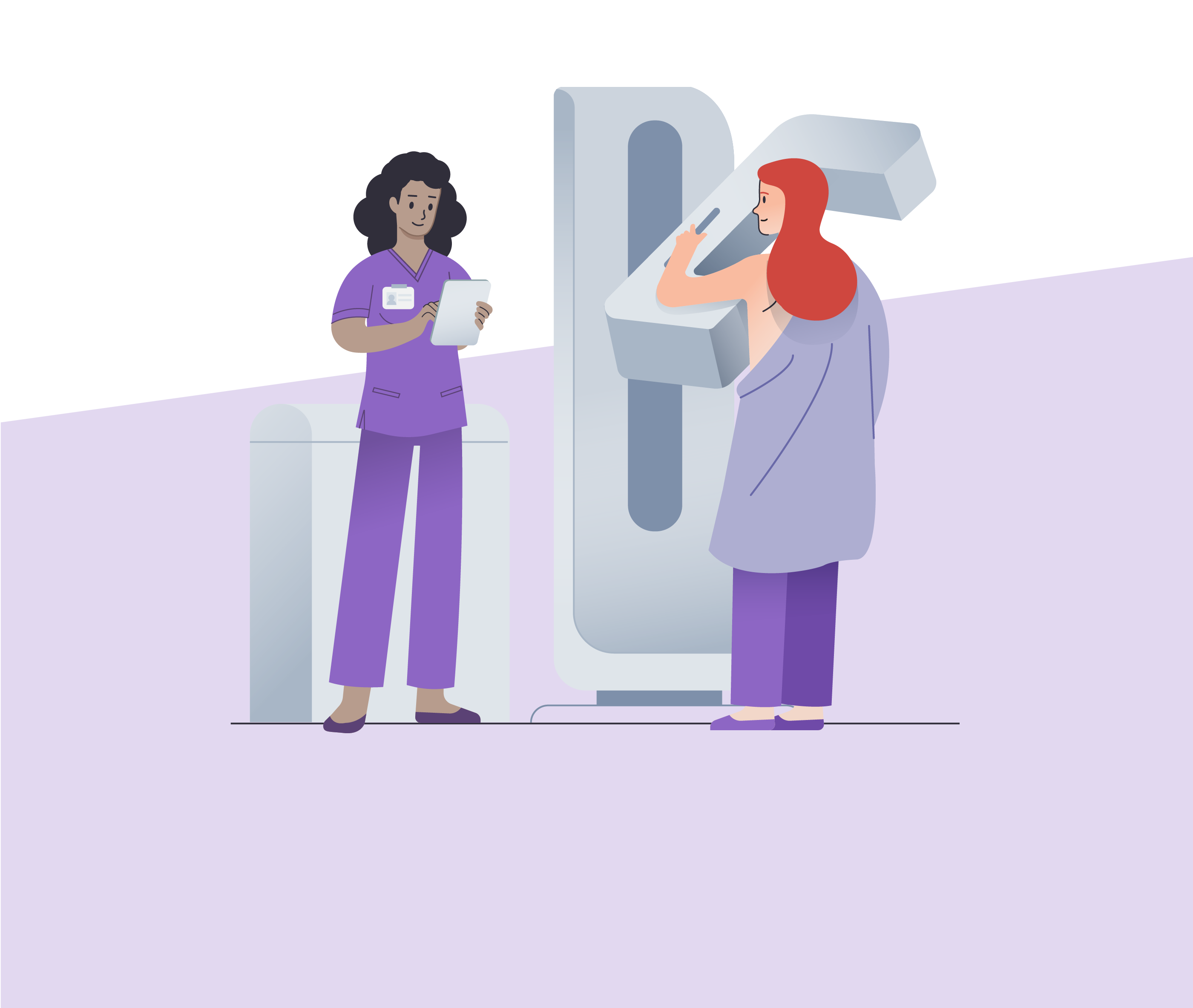

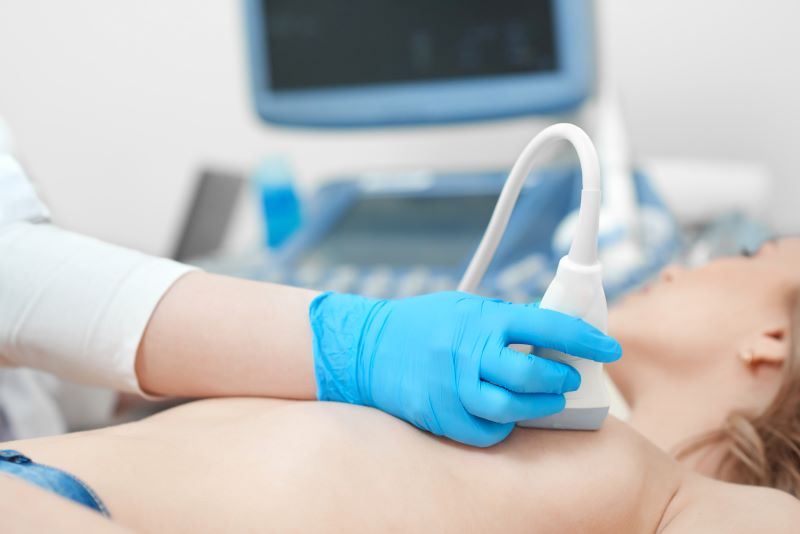
![monitoring breast density shutterstock_1299510538-[Converted]](https://magview.com/wp-content/uploads/2023/05/shutterstock_1299510538-Converted.jpg)
